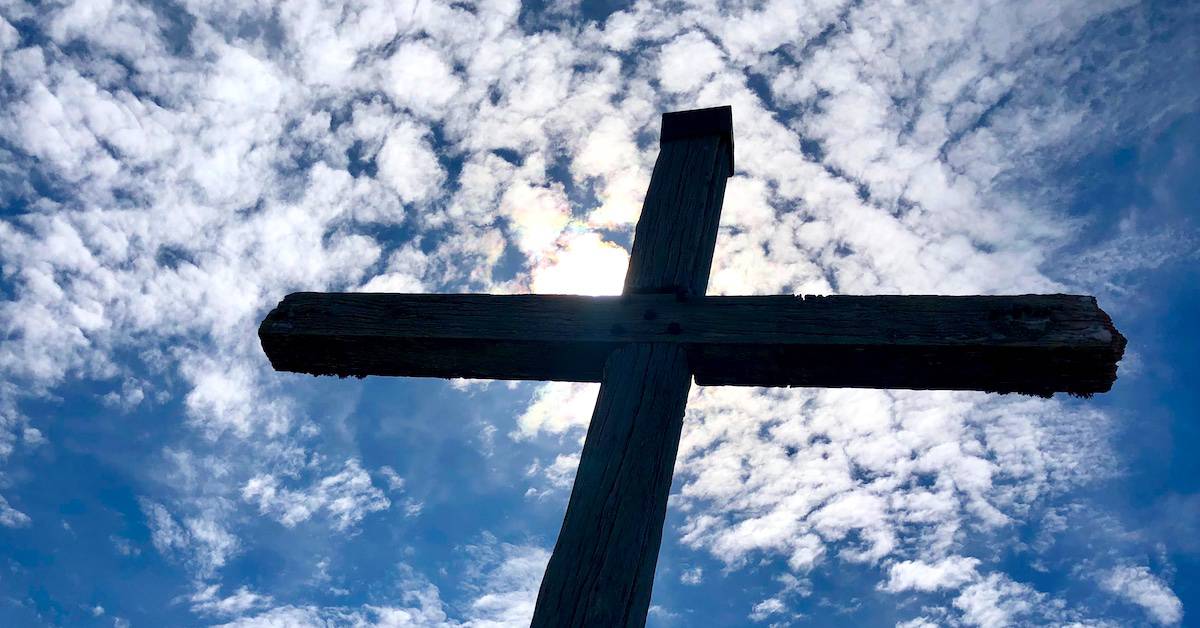You No Longer Need to Fear God
In the earliest days of my faith, my view of God was stoked by fear. He was a stern and demanding judge, offended by humanity’s failures, and only the death of Jesus made it tolerable for him to be with us. Fear was also a primary tool my parents used to motivate our behavior. I don’t blame them for that; they didn’t know better. Their religion was steeped in it, so it became their best tool to motivate a disobedient child. Like the threat of hell, they had to find punishments more terrifying than the pleasure we found in doing things our way.
I regret using more of that on my children than I would today. Discovering how tender and loving Father is over the last three decades has changed so much more in my life than fear ever could. While fear is a powerful tool to change behavior in the short term, it does not endear people to the one threatening them. The invitation to know God is not the fear of the consequences of not doing so, but because his nature is so endearing and his desires for us so engaging. That’s why his “perfect love casts out all fear… because the one who fears cannot be perfected in love.” (I John 4)
Learning that changed the entire trajectory of my spiritual journey. No longer tormented by my fear of him, I could find a relationship with him of love, rest, and play that transformed my heart in ways fear never could. Even under the law, fear was only a temporary tool until Christ would come and turn the world upside down with a love that would transform us:
Jesus knew that fear, like a crutch for someone with a broken leg, is only a temporary fix. Though it can be a heady motivation in the short-term, it is absolutely worthless for the long haul. As such it doesn’t really change us; it only controls us as long as our fear can be stoked. That’s why sermons on God’s judgment are so common in Christianity. They confront us with our fears of God and seek to provoke us to live the way we know we should. The repentance that follows and the resolve to rededicate ourselves to Christ’s purpose makes us feel clean again.
Such experience actually helps us live better for a while—but only for a while. Eventually the passion of such moments fades and the old self encroaches its way back into our lives. We end up caught in the same patterns from which we had repented. Soon the cycle repeats itself.
Fear cannot lead us to life-long transformation, but only a momentary reformation of behavior. Instead of inviting us to enter into relationship with the Living God, it pushes us away with feelings of inadequacy and repetitious failure.
Jesus had a far better way. He wanted to break the bondage of fear itself—even our fear of God. He knew of a force far more powerful—one that would not fade with the passing of time and would invite us into the depths of relationship with God. He would settle for nothing else. Why should we?
Excerpted from chapter nine of He Loves Me
If you’re having trouble finding freedom from fear in your relationship with God, join us for the next meeting of the He Loves Me Book Club that will take place next Saturday, December 9, at 1:00 p.m. Pacific Time. You can find the link for this conversation on the Facebook Group Page, or if you are not a member of Facebook, you can write me for a link. These conversations are held and recorded on Zoom. We stream them live on my Facebook Author Page for those who don’t want to be in the Zoom discussion, and you’ll find our previous conversations there.
This week, we will discuss chapters eight and nine about finding our way into the mercy of God and no longer needing fear to help us find freedom. In fact, he offers freedom from our fear of him so that we can come to rest in the love of a gracious Father. That’s where everything good begins to reshape our life story.
_____________________________________
And don’t forget, from now until the end of the year, we are offering a 15% discount on any order you place from Lifestream before the end of the year. Just enter “Lifestream2023” in the coupon window at check-out.
Consider giving some of these books to your friends and family for Christmas. A Man Like No Other, The Shack, He Loves Me, Live Loved, Free Full, and Authentic Relationships will bless almost anyone thinking about Jesus’s life. So You Don’t Want to Go to Church Anymore, Beyond Sundays, and Finding Church will encourage people disillusioned by organized religion and seeking alternatives. In Season will enable believers to cultivate a deeper place for Jesus to engage their hearts.
You can find all the books Wayne has contributed to here. And if you order in bulk, you can find even deeper discounts.





